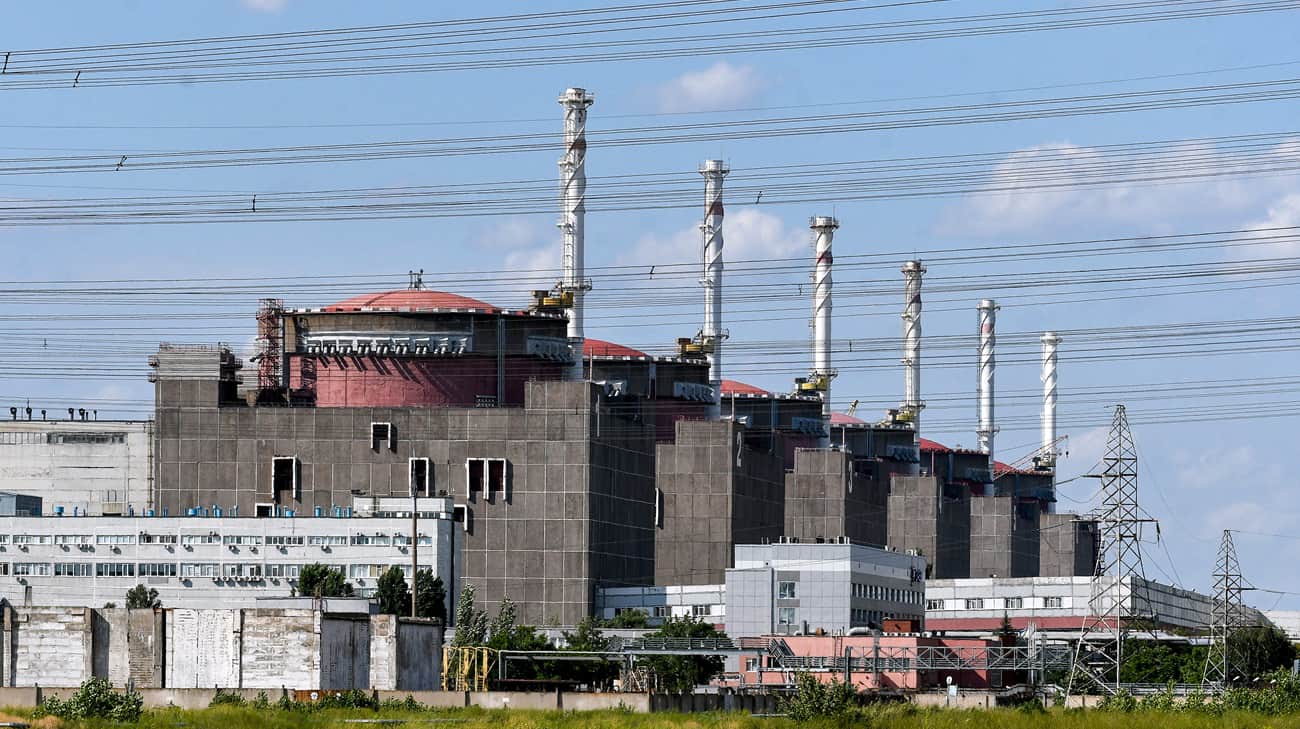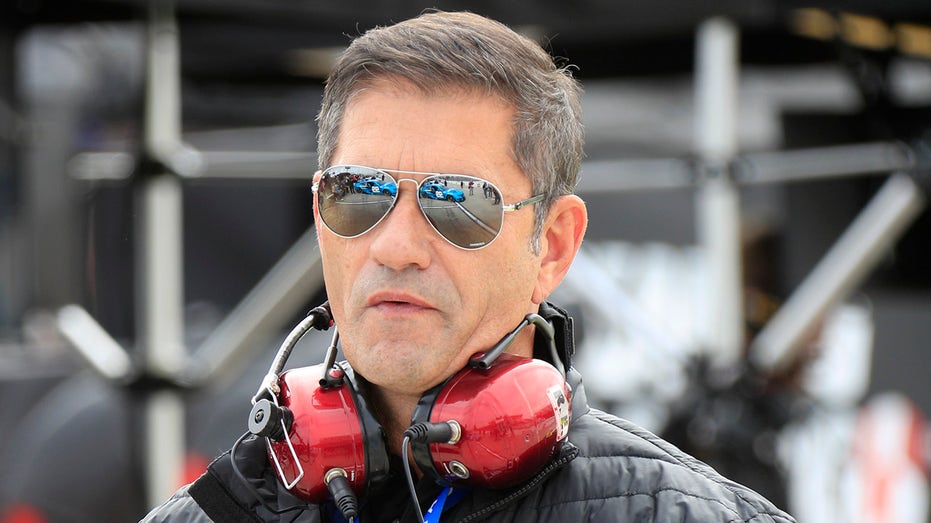Ukraine seeks South Africa’s help in bringing back illegally detained, deported civilians from Russia
The Ukrainian ombudsman held a meeting with Shoayb Casoo, the ambassador of South Africa, in Ukraine to discuss the issue.

Ukrainian Ombudsman Dmytro Lubinets has proposed that South Africa become a mediator between Kyiv and Moscow and help Ukraine return home all Ukrainian citizens illegally detained or deported by Russia. The news came following a meeting of Lubinets with Shoayb Casoo, the ambassador of South Africa to Ukraine.
According to Ukraine’s National Information Bureau, Russian troops have deported 19,546 Ukrainian children since the beginning of the all-out war in 2022. Ukraine has brought only 388 children back home due to Russia’s unwillingness to cooperate with Ukrainian children coordinators and alleged intention to use them as future soldiers on the battlefield against Ukrainian troops.
This week, the Kherson authorities and Save Ukraine, a charitable organization that aids families and children affected by war, returned 17-year-old Mykyta, who was deported by Russia two years ago. In Russian, the boy was compelled to attend “Discussions about important things” propaganda lessons aimed at indoctrinating children and preparing them for service in the Russian army. During those lessons, children are taught to hate Ukraine and to assemble riffles.
To hasten the process of returning children, Ukraine intends to involve foreign partners who could influence Russian decisions. Therefore, Lubinets discussed with the South African ambassador the matter of bringing Ukrainian civilians unlawfully taken by Russian forces.
He provided Casoo with official informational materials from the Ombudsman’s Office team, including a document regarding the case of illegal detention of 208 civilian citizens in temporarily occupied Crimea.
Lubinets also expressed gratitude to South Africa for backing Ukraine’s Peace Formula, involvement in the International Coalition of Countries for the Return of Ukrainian Children, and participation in the International Platform for the Release of Civilians Illegally Detained by the Russian Federation.
According to the National Institute for Strategic Studies, a subordinate to the president of Ukraine, in 2023, South Africa claimed the West was also responsible for the Russian war because foreign partners supplied Ukraine with weapons and provided various forms of support.
The Institute suggests that the position is primarily determined by its membership in BRICS, which aims to play a role as one of the centers of the Global South as part of a multipolar configuration.
For decades, Russia has been investing corrupt money in countries in Africa and Latin America, and now it wants these countries to work in its favor, explained Advisor to the Head of the Presidential Office Mykhailo Podoliak, as per 24 channel.
Last year, leaders of Egypt, Senegal, Uganda, Zambia, the Republic of Congo, and South Africa led a “peace mission” to establish dialogue between Russia and Ukraine and traveled to Kyiv and St. Petersburg to promote a peaceful settlement of the war.
When President South Africa Cyril Ramaphosaa and leaders of four other African countries arrived in the Ukrainian capital, Russia launched six “Kinzhal” aeroballistic missiles on Kyiv, which could be intercepted only with the US’s Patriot missile defense system, and six “Kalibr” cruise missiles.
To enhance cooperation with Global South countries, Ukraine, at its summit in Malta in 2023, focused on engaging countries in Asia, Africa, and Latin America to oppose Russian aggression against Ukraine. The initiative is essential for Ukraine to garner support from these regions, particularly amid the growing divide between the Western collective and the Global South due to conflicts in the Middle East, the experts say.
Related:
- Over 50 countries to attend Ukraine Peace Formula summit in Malta
- EU’s top diplomat calls on China to back Ukraine’s peace formula
- Russia shelled the center of Kherson, damaging over a dozen residential buildings
- Air Force: Ukraine downs 3 Russian cruise missiles over Dnipropetrovsk Oblast
- Sanctions lawyer: Dutch firms get slap on wrist for Crimea bridge work



